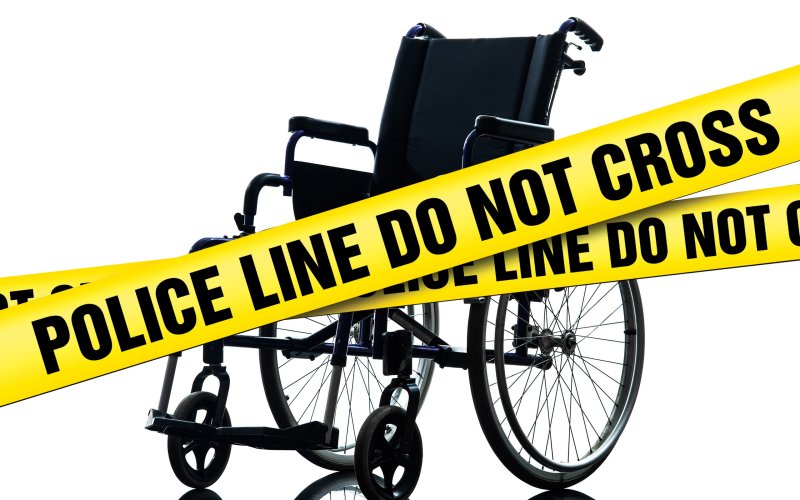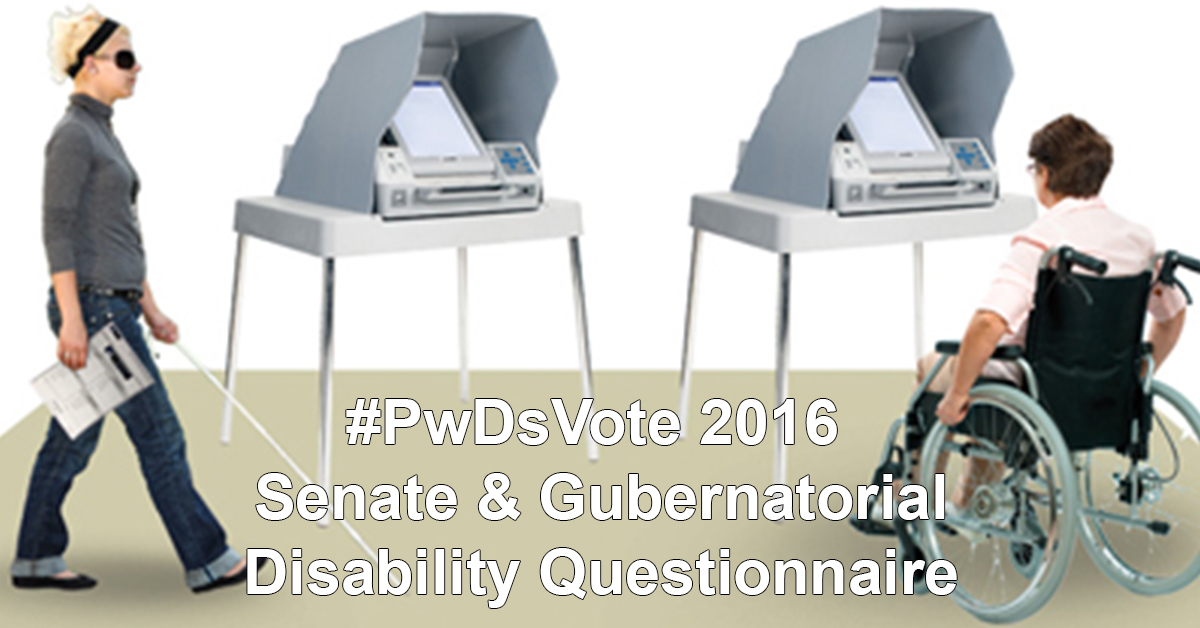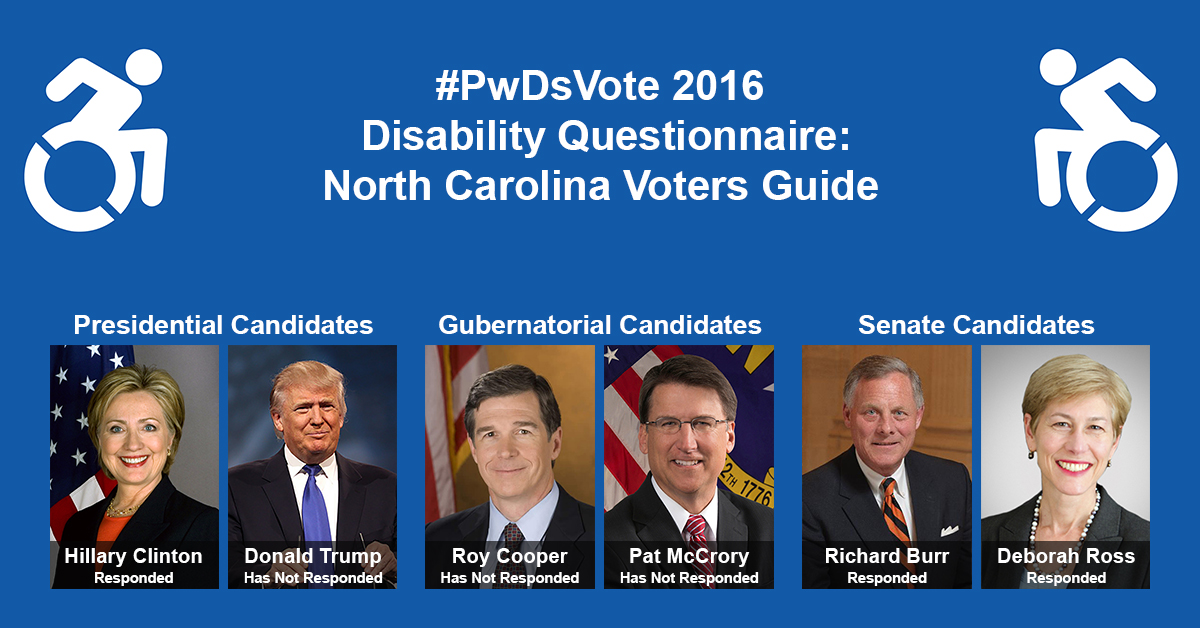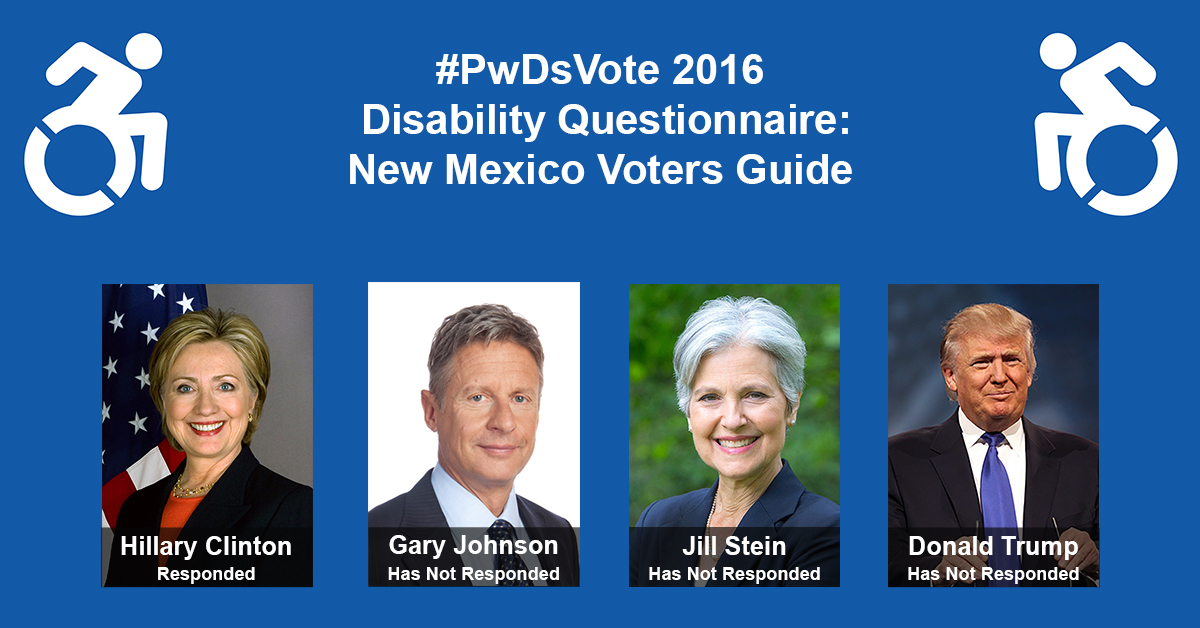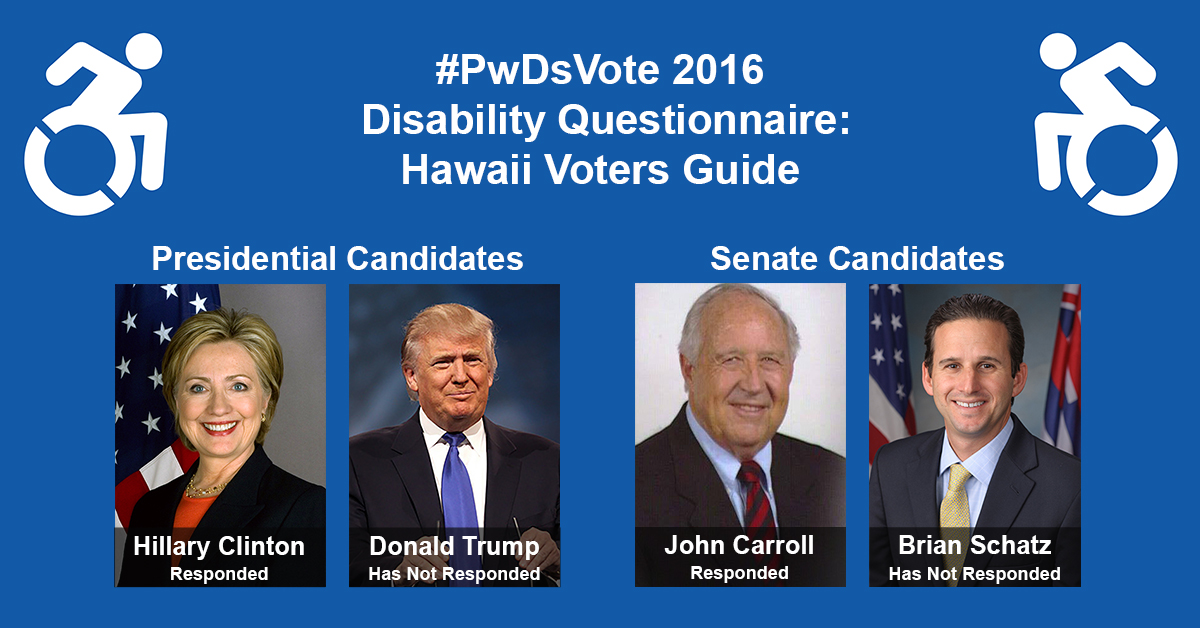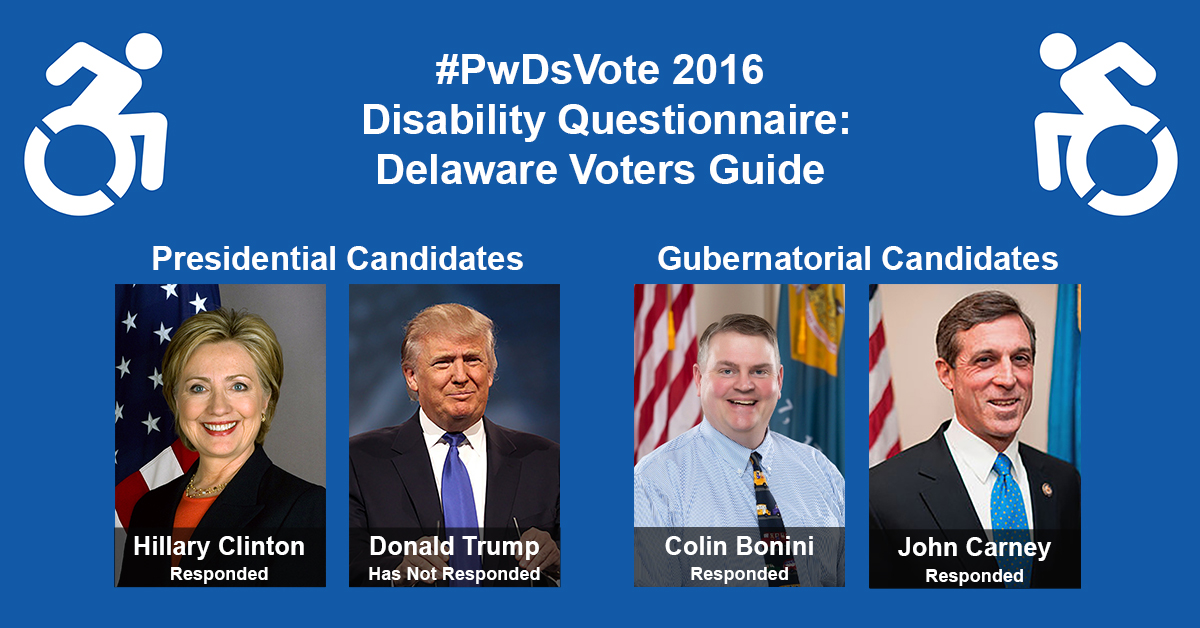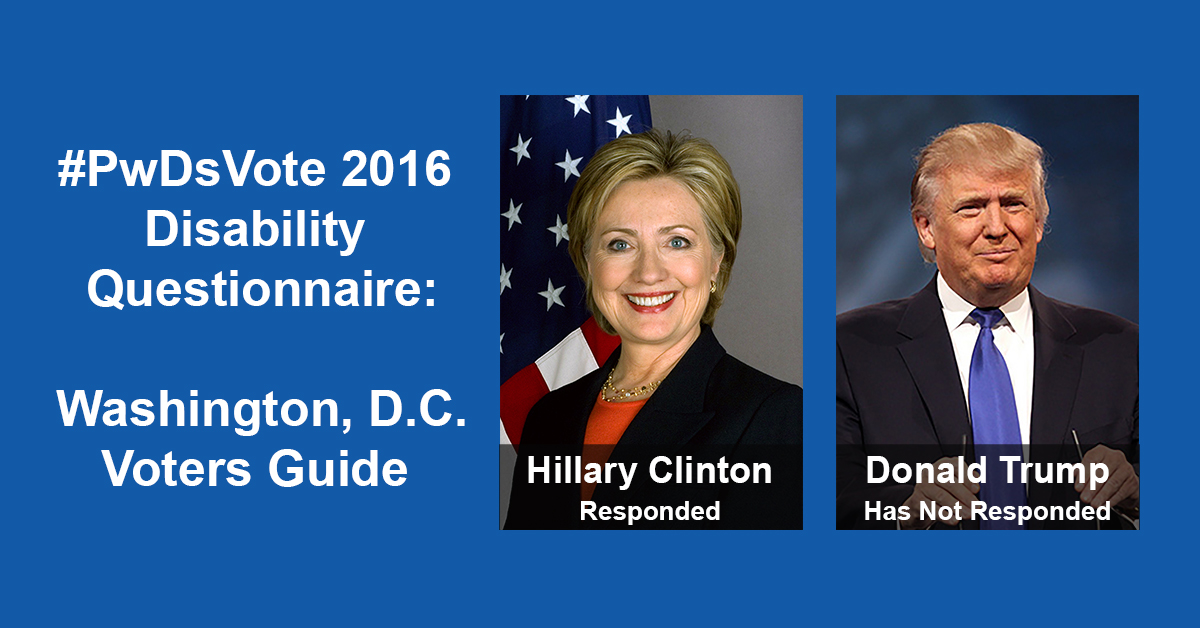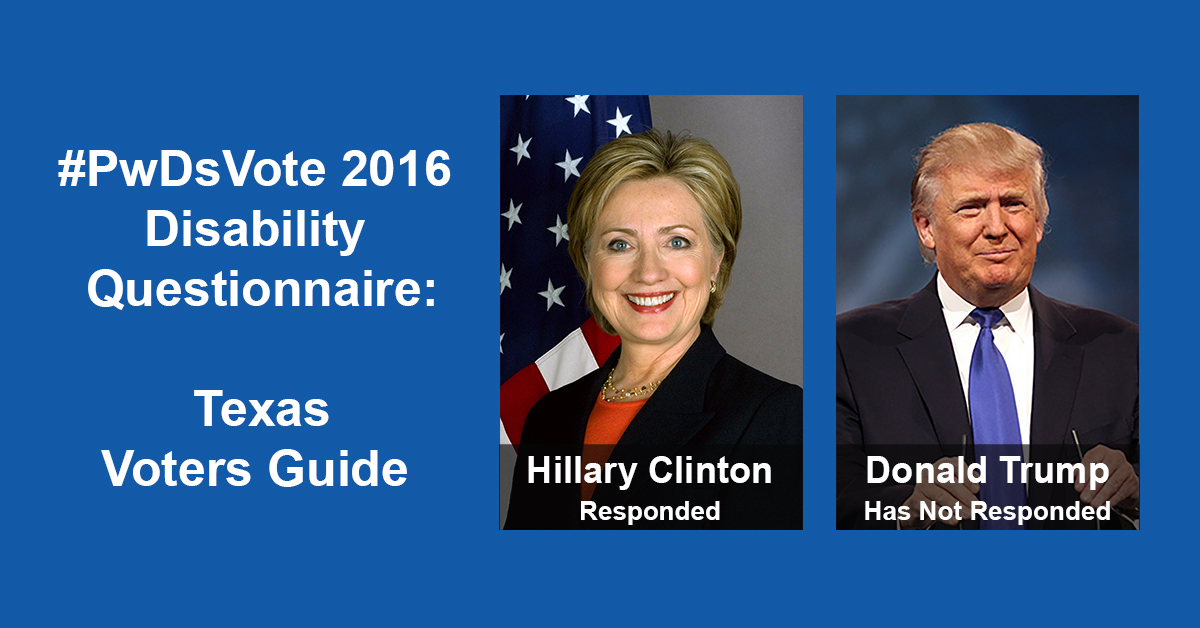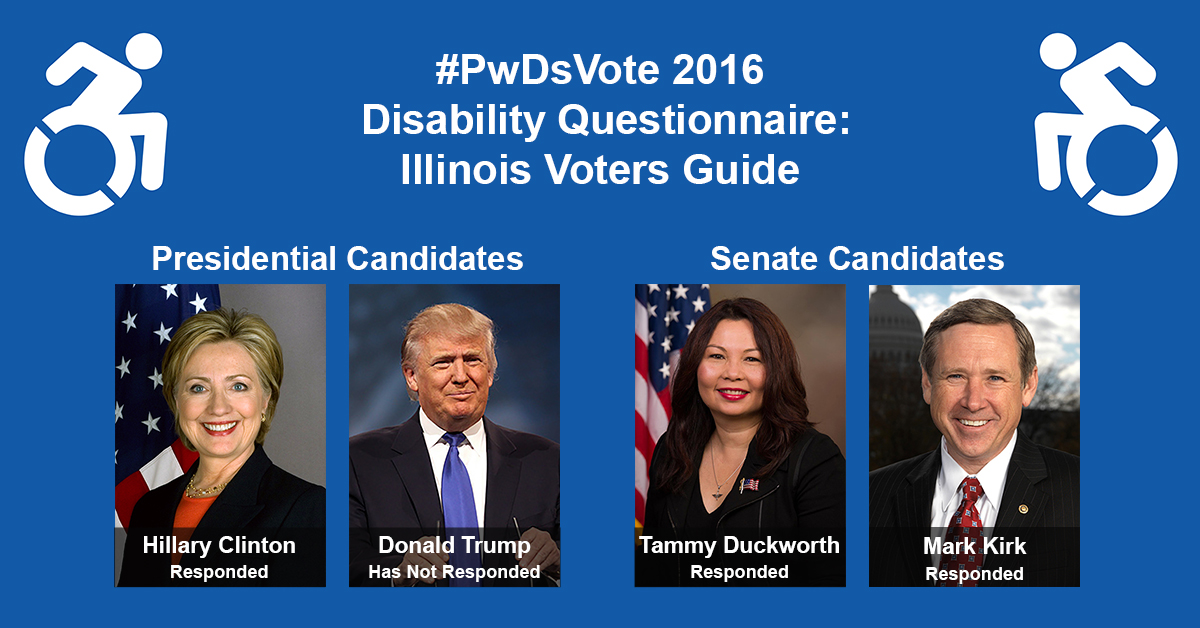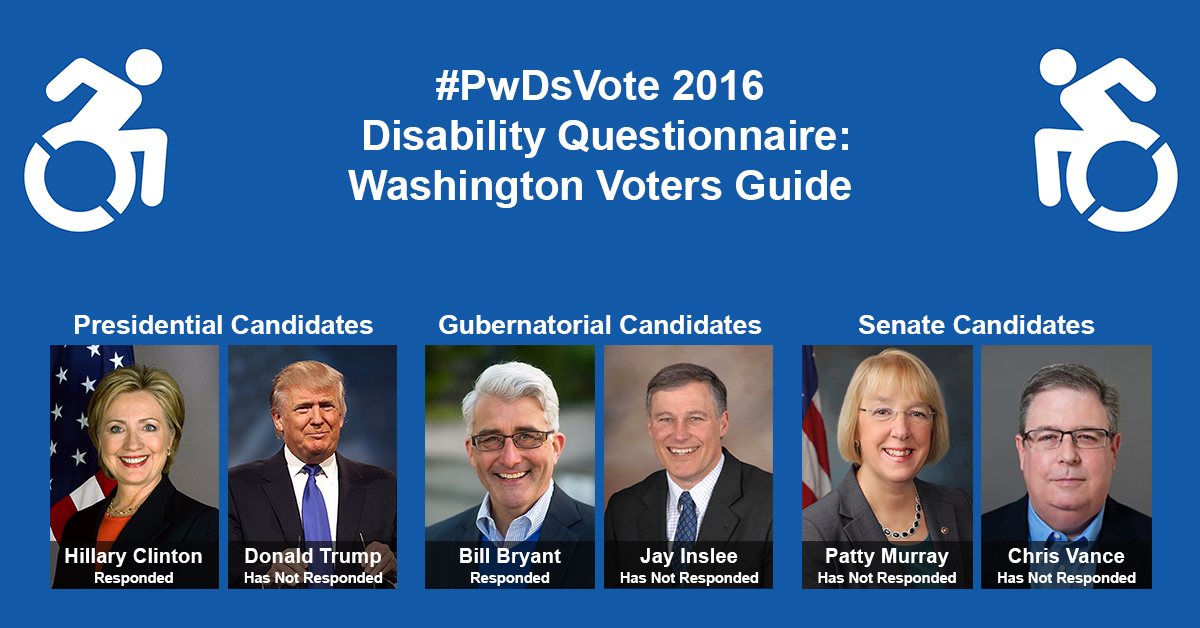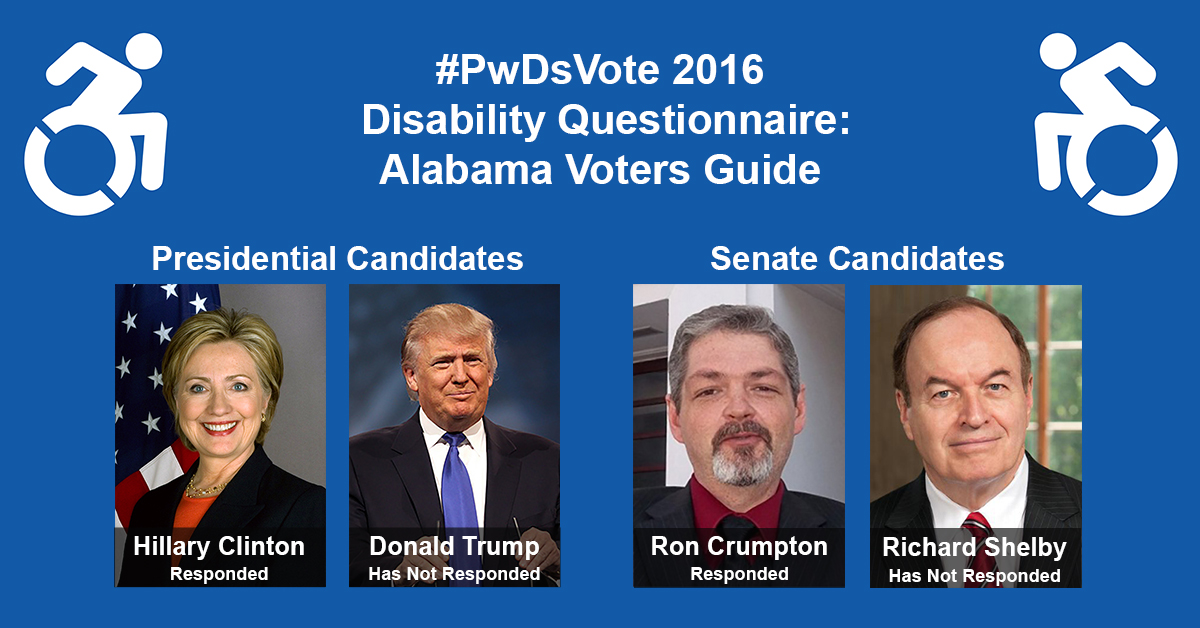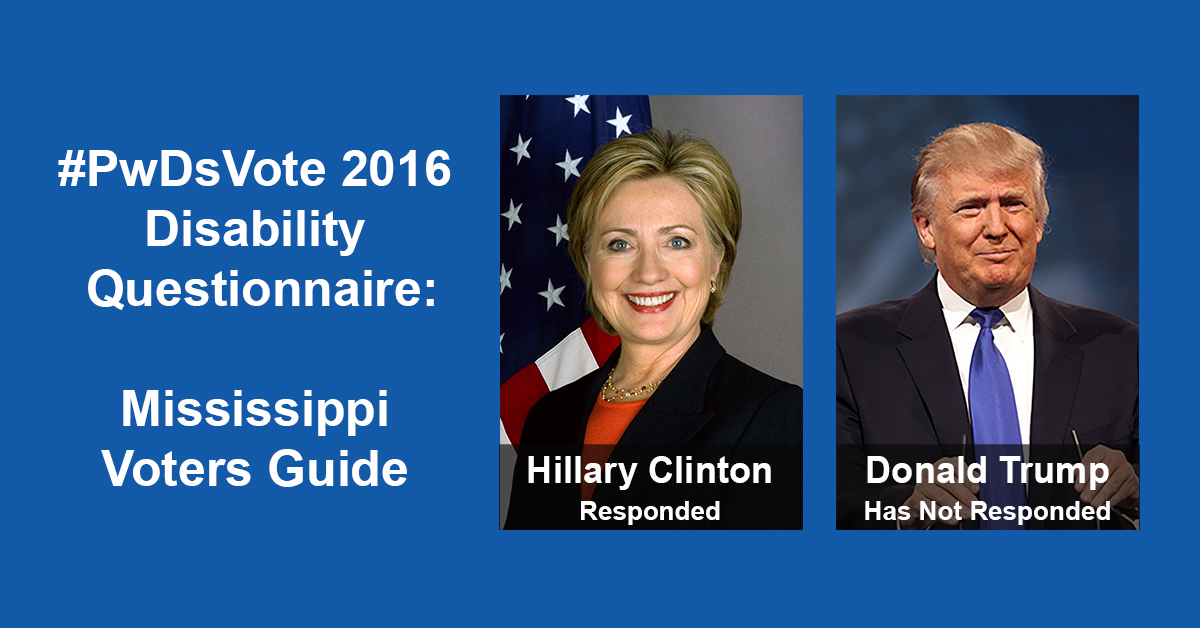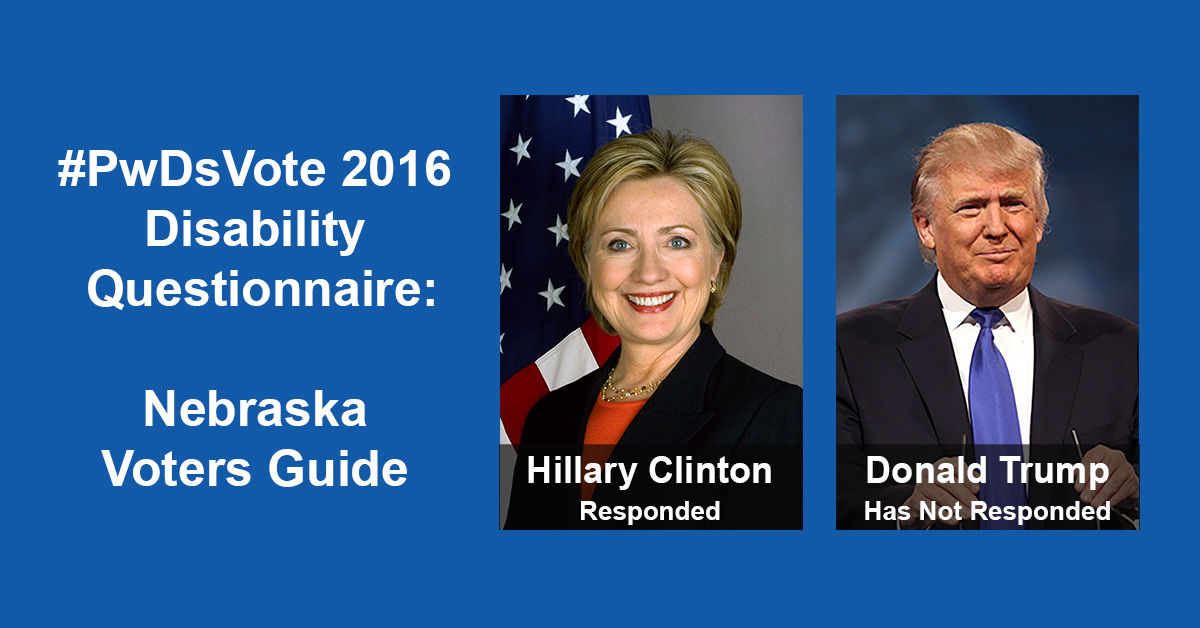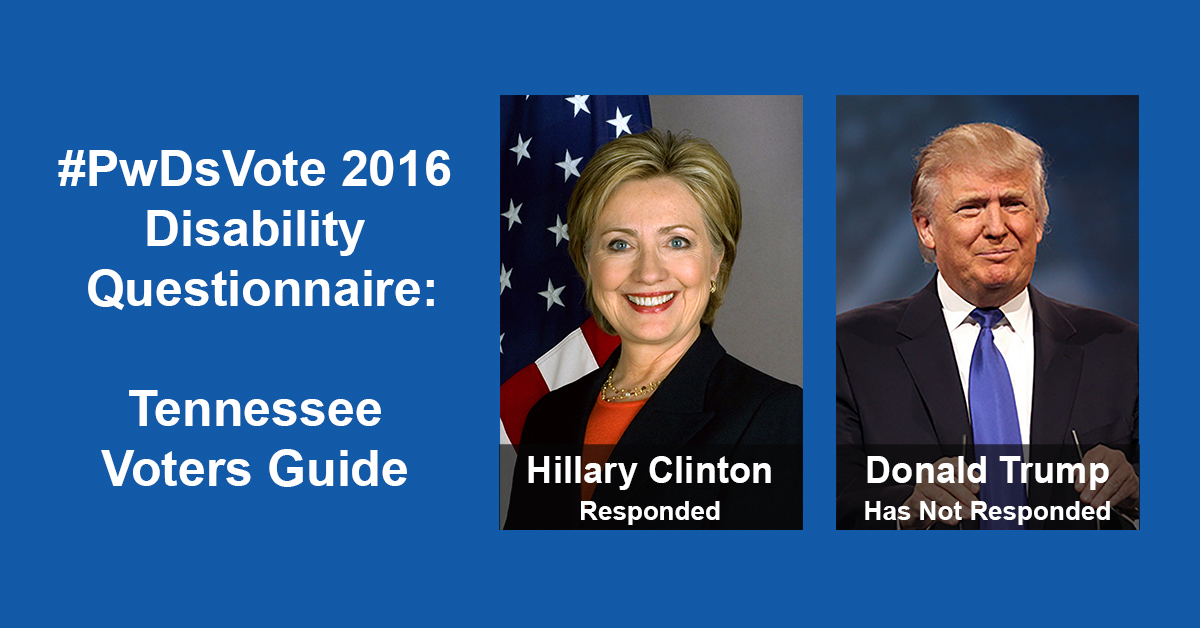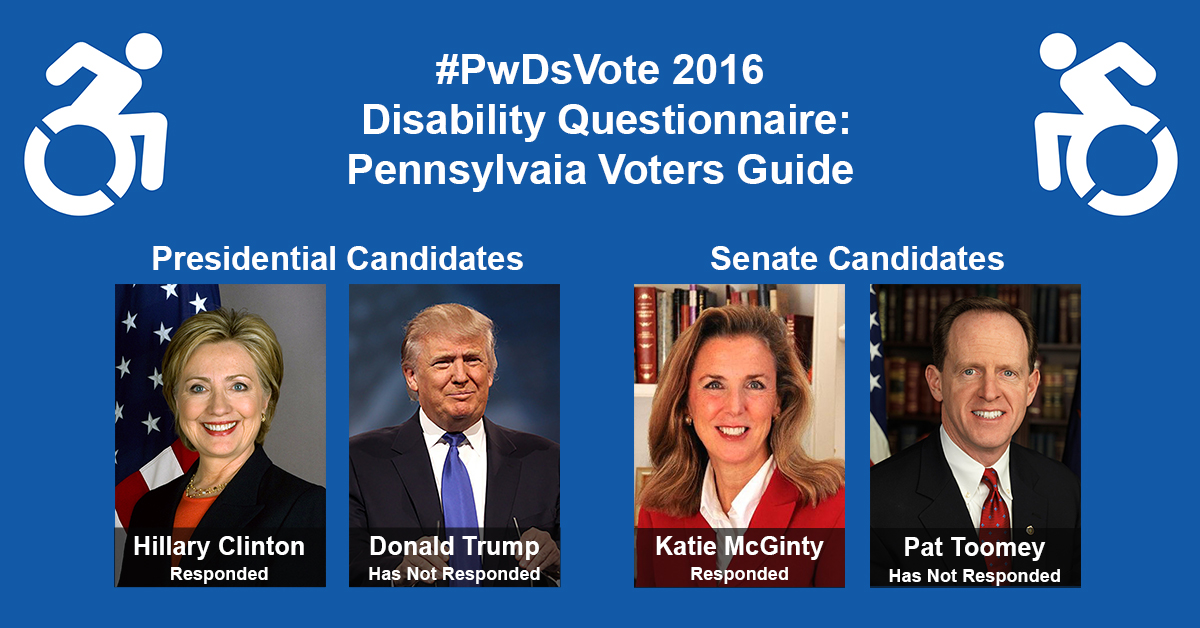Washington, Oct. 31 – Nearly half of all people killed by police in the U.S. have a disability. Yesterday Terrance Coleman, a black man with paranoia and schizophrenia, was shot and killed by two police officers in Boston. Coleman’s mother had called for an ambulance to take her son to a hospital and the police officers arrived to accompany the EMTs. They shot him when he refused to leave with the EMTs; there are conflicting reports if Coleman had touched a knife that was on a nearby kitchen table.
The week prior Deborah Danner, a black woman with schizophrenia, was shot and killed by a New York City police sergeant. The police knew of her disability and had been called to her apartment before, but this time the officer did not follow protocol for dealing with someone with a mental illness.
While the vast majority of officers only want to protect the community they patrol, officers not properly trained in dealing with people with disabilities are bound to make mistakes. Resources such as the new Police-Mental Health Collaboration Toolkit have been designed to help police learn how to interact with people who have disabilities.
Violence against people with disabilities is a larger issue than just police brutality, however. People with disabilities, particularly those with cognitive disabilities, often are targets for bullying, assault and robbery. The most recent statistics available found that the rate of violent crime against people with disabilities is twice that of violence against people without disabilities.
As part of the #PwDsVote Disability Questionnaire, the nonpartisan nonprofit disability organization RespectAbility asked candidates running for Senate or Governor about their plans to address the issue of violence against people with disabilities. Every candidate was given an equal opportunity to respond and if they are not listed, it is because they declined to answer. The quotes in this article are the candidates’ answers to question 11 in the gubernatorial/senate questionnaire: “People with disabilities are twice as likely to be victims of crime as those without disabilities. People with disabilities also are far more likely to suffer from police violence, partially because manifestations of disability can be misunderstood as defiant behavior. Do you have a plan to address these issues?” This was adapted from a similar question, number nine, in the presidential questionnaire.
The majority of both Republicans (66 percent) and Democrats (74 percent) acknowledged a need for more police training and education about how to handle situations that involve people with disabilities.
“News reports over the past few years have included tragic accounts of the deaths of people with disabilities during confrontations with police, and this is something that we must take seriously,” said Sen. Richard Burr, who is a Republican running for re-election in North Carolina. “I support full funding for programs to train our law enforcement officers so that they are properly prepared for interactions with people with disabilities.”
Burr’s opponent, Democrat State Rep. Deborah Ross, also called for more training. “We must increase police training on how to work with people suffering from mental illnesses, reduced cognitive abilities, or other disabilities.” Ross replied. “We must also protect people with disabilities from discrimination, stigma, poor health, and violent crime.”
Check out all of the candidates’ full responses below:
